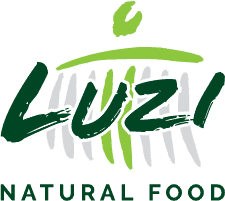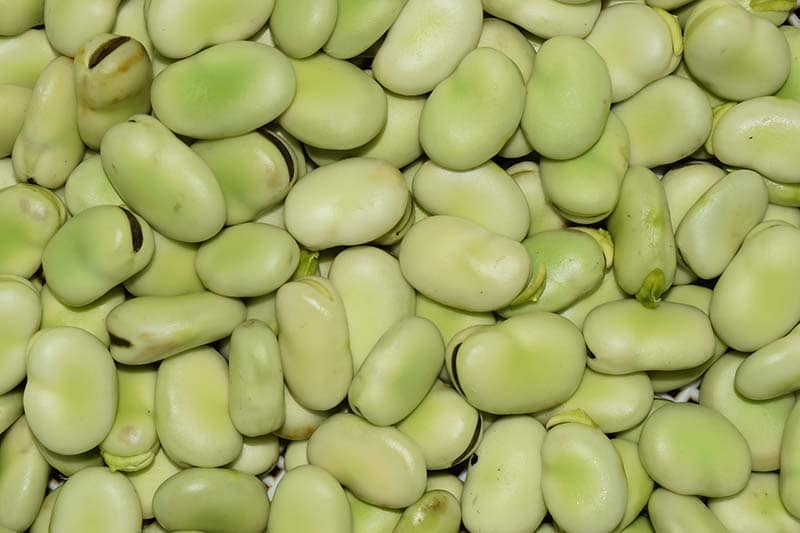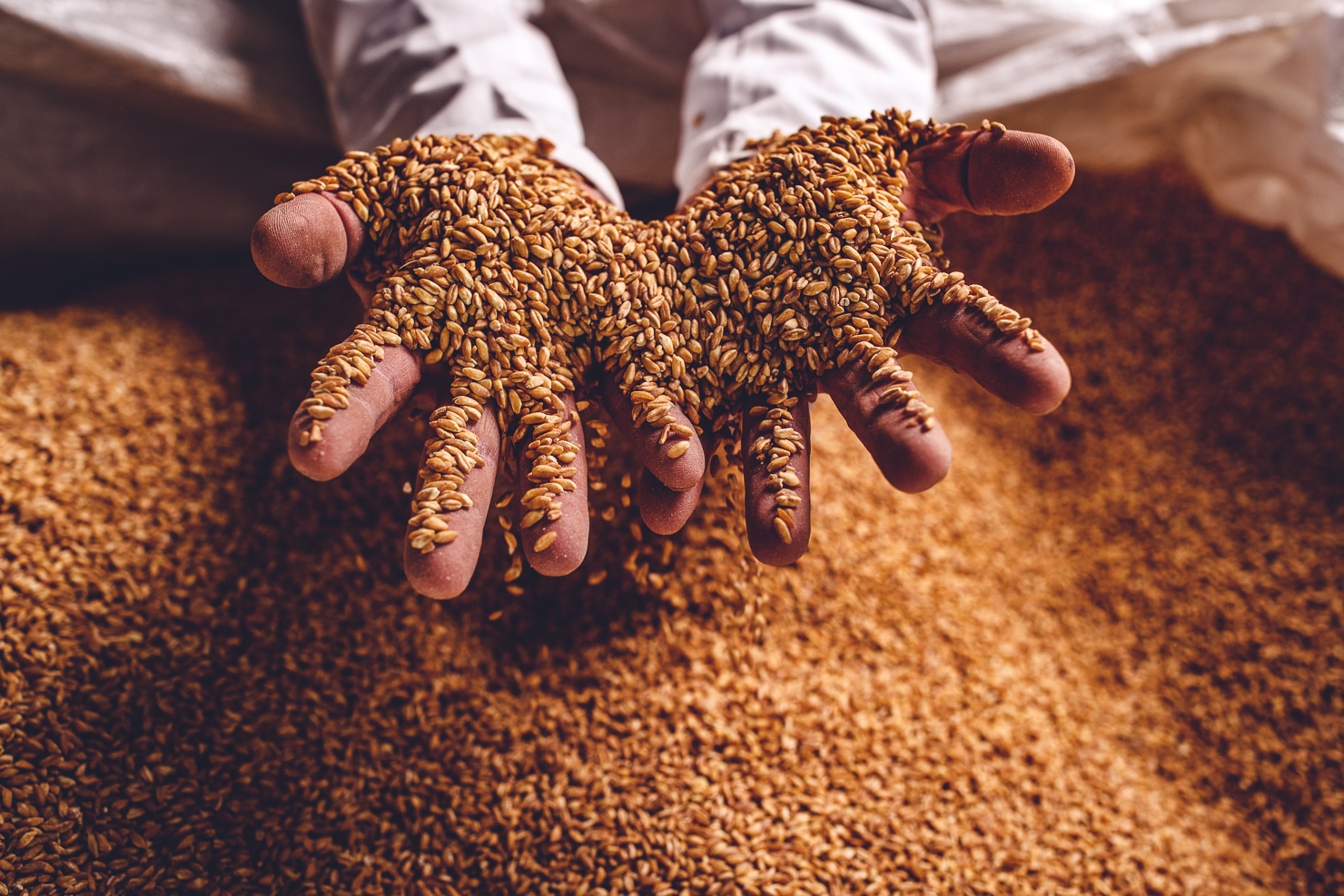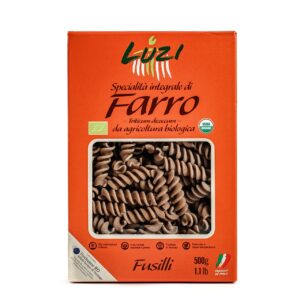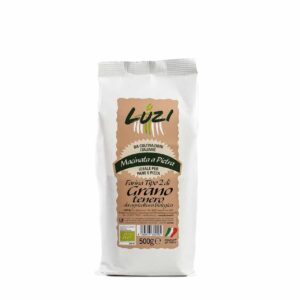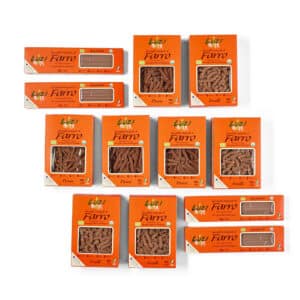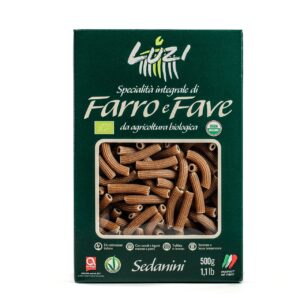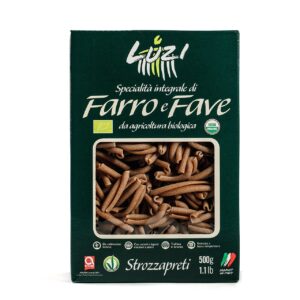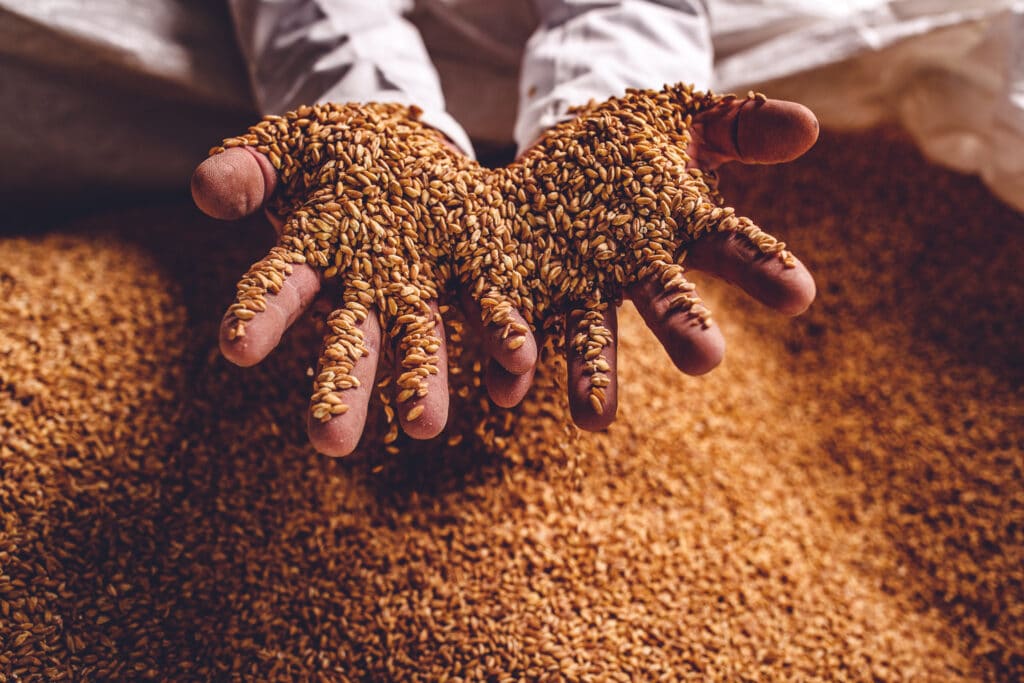WHO: EATING HEALTHY FOOD EXTENDS LIFE
It is now a scientific fact: introducing healthy foods into your daily diet, preferably of plant origin, from controlled agriculture and rich in all active nutrients helps to increase life expectancy. This is explained to us by the World Health Organization which periodically emphasizes the importance of nutrition in the prevention of the most serious and important diseases.
